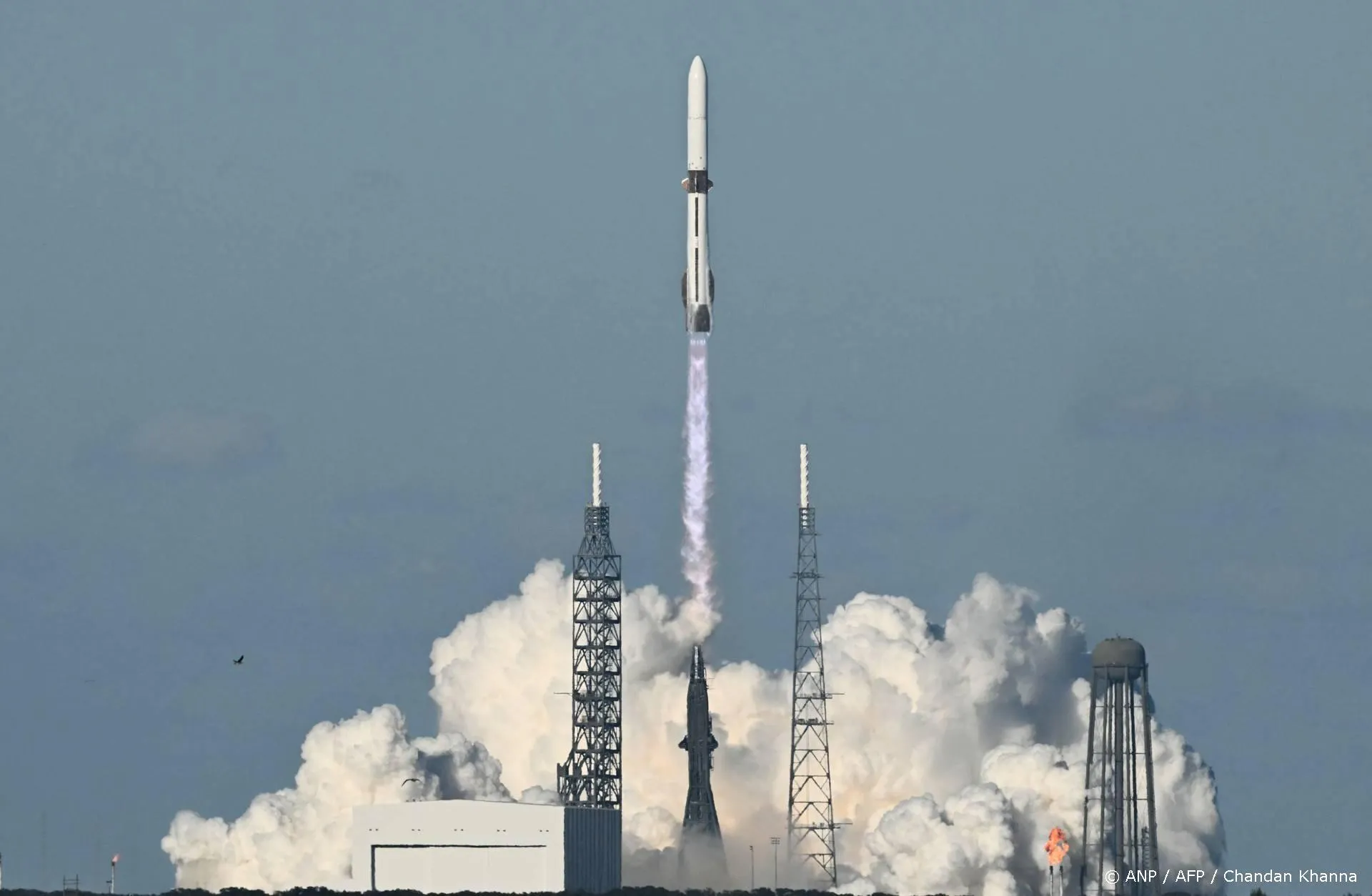Op-ed by Polish ambassador in the Netherlands: Calm your emotions, new holocaust law is no attempt to whiten history
Marcin Czepelak, the Ambassador of Poland in The Netherlands, does not agree with the international criticism that the holocaust law which the Polish parliament has recently adopted is a way to stifle the academic debate on the history of Poland in the Second World War. Rather, he sees it as a mechanism to fight "historical distortions". This is the original English version of the text - the Dutch translation can be found here.
I am observing with growing concern the media coverage on recent events in Poland, especially misunderstandings and misperceptions around the new law on the National Institute of Remembrance (Instytut Pamięci Narodowej – IPN). In many cases they tend to present Polish actions as motivated by nationalistic feelings or intention to whiten our history. Which is even worst some of publications suggest the hidden motive for Prime Minister M. Morawiecki government policy could be to cover up Polish crimes dating from the IIWW and innate antisemitism. Therefore, I would appeal to calm down emotions and draw your attention to a couple of facts, in my opinion being of great importance in this case.
First of all, let me explain rationale behind the reform of the IPN law. Its main purpose, both in Poland and abroad, is the struggle for historical facts and truth. We cannot accept the situation in which the Polish nation, or the Polish state are attributed with responsibility, or co-responsibility for Nazi crimes committed by the German Third Reich. That is why for many years Polish MFA and embassies has been fighting against the term of “Polish concentration camps” that reappear in some articles and non-fictional books (to my great regret also in some letters received by our Embassy in the Hague in recent weeks).
In September 1939 Poland Nazi-Germany and Soviet Union together attacked Poland and subsequently divided its territory. Both occupants immediately started to massacre Polish elites (professors, teachers, civil-servants) killing civilians and committing all kind of atrocities and crimes of war. Moreover, since 1940 in the part occupied by the Germans they created so-called ‘concentration camps’ in a way they had already existed in Germany (KL Dachau, KL Buchenwald)) and Austria (KL Mauthausen-Gusen). Every single camp concentration created on Polish soil during these years was built and operated by Nazi Germany and there were millions of Polish citizens who found there their deaths.
Since 1942 Germans started to built extermination-camps equipped with gas-chambers. In such a way, next to the concentration camp Auschwitz built in 1940 a new extermination camp – Auschwitz-Birkenau was created. This camp, together with other extermination camps established by the Germans (like in Sobibór and Majdanek) were aiming to what Nazis called as “Endlösung der Judischen Frage”, which was the most horrifying, planned and organized extermination of the Jewish population in Europe. Polish underground reported these atrocities and proposed a plan to prevent them by the joint action of the allied air-forces and the attack of Polish partisans. Neither the report, nor the plan were taken into account by the allies. The attempts to attribute the responsibility for the concentration and extermination camps to Poland must be therefore considered as manifestly contrary to historical facts.
In the same time Poland continues to be open to a frank debate on our history, also when it comes to some heinous crimes during Second World War committed by individuals, including Polish. The amendments to the law on IPN do not in any way prohibit the researches on the history of WWII, the German occupation in Poland and behavior of Polish society during this period, nor it prevents publishing of such findings. The message to the academics, education experts and artists is clear and unambiguous: facts, not nationality, matter in this regard! And in this context should be interpreted words spoken by Prime Minister M. Morawiecki during the Munich Security Conference – as a call for thorough, unbiased debate.
Secondly, I would like also to make a reference to the long and lasting 800 years history of the Polish – Jewish coexistence which provides a very complex picture. For the larger part it is a picture filled with signs of friendly coexistence. The Polish-Lithuanian Republic of Two Nations served as a true example of a multicultural and multinational space, where Jews from all other parts of Europe, escaping from tyranny and antisemitism, found their new home. That is why the Hebrew word for 'Poland' - POLANYA or POLIN, which can be translated as: PO ("here"), LAN ("dwells"), YA ("God") or PO ("here") LIN ("[you should] dwell"). The message was that Poland was meant to be a good place for Jews, and according to some researchers, at some point of time up to 80% of the world Jewish population lived in Poland. Unfortunately, there were also moments when these relations were not as good as we would have liked them to be, especially with growing anti-Semite tendencies before Second World War and during Nazi German occupation in Poland. This complexity is well described in the Museum of History of Polish Jews in Warsaw, named on purpose, POLIN.
Since the fall of communism in Poland the political, economic and cultural relations between governments and people of Poland and Israel have become stronger than ever. They are based upon true friendship and mutual understanding. However, sometimes even the best of friends have their differences as shows the debate on most delicate issues from our common history that followed the introduction of the new law. That is why Prime Ministers of both countries have decided to establish a Polish-Israeli working group which will thoroughly analyze the new legislation and hopefully find a common ground.
For me personally, it is very sad that more than 70 years after Second World War Poland and its 6 M citizens, including 3 M of Jewish ones killed by Nazis still has to recall, what exactly happened on the Polish territory and that many Poles did its utmost in the dire circumstances to stop the Holocaust and to bring the tragedy of the Jewish people to the attention of the world. The multitude of historical distortions in recent time should be treated as a sign for us all that there remains much to be done to thoroughly understand the past so that we are able to build the common future.
Marcin Czepelak
Ambassador of the Republic of Poland
Ambassador of the Republic of Poland
Ga verder met lezen
Dit vind je misschien ook leuk
Laat mensen jouw mening weten
Lees ook
Loading


